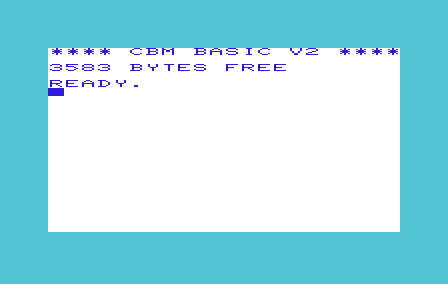Freedom is like air, you only need it when you don’t have it…

There has been a series of unfortunate events involving Wordpress recently, and a Company that offers hosting on Wordpress software called WPEngine. Although Wordpress has always defined itself as open source software, it has come to light that the trademark “Wordpress” is the exclusive property of Matt Mullenweg, founder of the company that offers services related to the commercial site Wordpress.com.
The real point anyway is the way in which this considerable control that Wordpress has over its open source ecosystem was discovered. In particular, there was an escalation between WPEngine and Wordpress, which led the latter to ban the former from the Wordpress ecosystem, or at least to try to do so.
A lawsuit also developed between WPEngine and Wordpress, which is still ongoing.
Initially, I only followed the issue tangentially, also because I have always considered myself a mere “end user” of Wordpress, even if long-time.
For me, the fact that Wordpress.com sold a service based on an “extended” version of Wordpress.org was never a particular problem, but I never thought it was illegal to compete directly with it by taking the open source software and offering a simple hosting service.
I suspected that competing “en large” with Wordpress.com could attract some attacks from them, but the situation quickly got out of hand, and is somewhat reminiscent of what happened between BitLocker and the Linux community.
Very critical articles continue to appear about the behavior of Wordpress.com and Mullenweg.
Wordpress.com has seized one of the plugins maintained by WPEngine, and is burning the earth, essentially forcing any third party that collaborates/profits through Wordpress to have no business relationship with WPEngine, declaring it in a more or less binding way.
A new Era
I don’t have the elements to evaluate the legitimacy of what one side is asking for compared to the other, but I have always thought that the self-hosted installation of Wordpress had a series of implicit guarantees,included the possibility of creating custom commercial versions, respecting the open source parts.
With regret I have therefore started to evaluate to stop using Wordpress, at least until the situation is clarified in its entirety.
Migrating to a static site has a lot of pros and cons, and also requires a lot of work. Unfortunately for Mullenweg I had already started evaluating a static site generator, and I found a bunch of libraries to export my articles (sorry :).
This is a work in progress, and a special status page was created to keep track of it.
Cons
- Static generation requires some kind of mechanism to update the site
- You lose is WYSWYG (What you see is what you get) because the documents are often written in markdown
- Live features such as comment management must be delegated in some way (we are working on it).
Pros
- Huge security: it is not easy to force a static site
- Huge savings in resources and consequent greater speed
- Typically the size of the pages is also smaller
- Cooler.
The migration will be done in phases, and aims to migrate all the articles of gioorgi.com/objectsroot.com, the categories, the tags and possibly the series of monographic articles
The URLs of the articles will be kept identical, as much as possible. The migration of the categories will take some time to settle: we ask you for a little patience.
The search engine is implemented with a javascript indexer: it seems to give good results, but doing worse than the standard wordpress engine is impossible. I am exploring solution based on Algolia or different provider: it worked in the past but the costs was a bit too high.
UPDATE2025: Overall conversion, including re-importing comment to isso take more or less a week of work, spread in about 2 months. I opened a discussion on HackerNews about my experience. More article on this topic my be found under the tag https://gioorgi.com/tag/leaving-wordpress
Posts in Freedom series
- Freedom is like air, you only need it when you don’t have it… // Nov 9, 2024
- La libertà è come l’aria, ne senti il bisogno solo quando non la hai… // Nov 9, 2024
- Trump Era2 // Nov 19, 2024
- Nag news // Dec 8, 2024